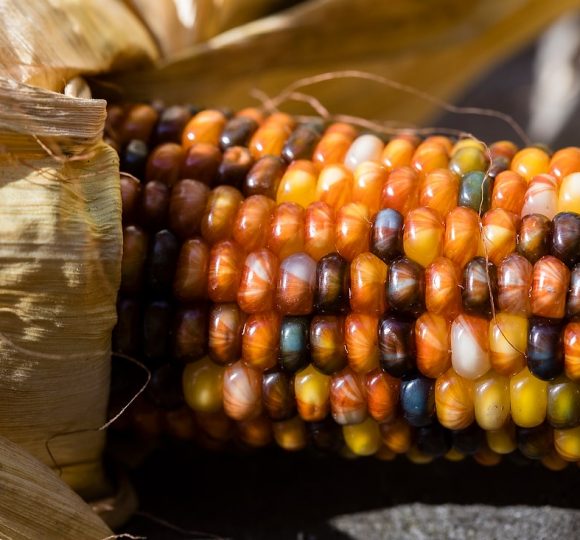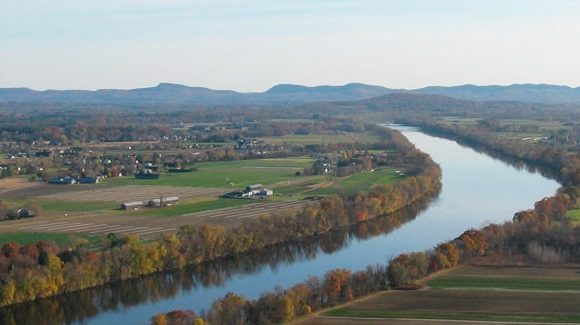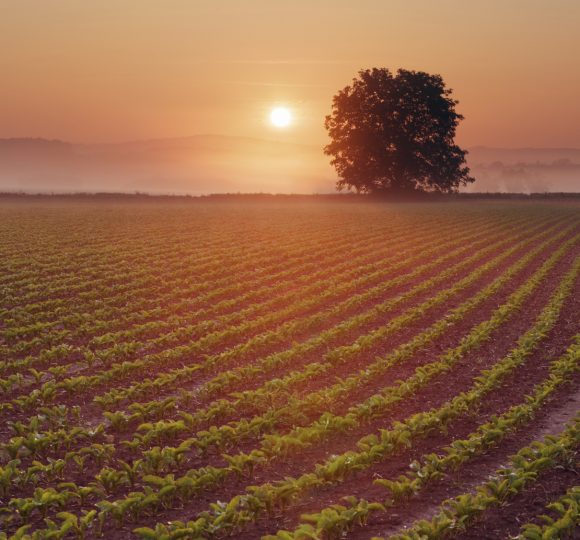This CAE working paper is the first in a series of four case studies which seek to better understand how and why farmland preservation works or fails. Coordinated case studies have been undertaken in two counties
Wisconsin and two counties in Illinois. The farmland in Waukesha County, immediately west of Milwaukee in east central Wisconsin and McHenry County, to the north of the greater Chicago area, are experiencing tremendous pressure from urban sprawl. In contrast, Dane County in Wisconsin and DeKalb County in Illinois are away from the urban fringe but beginning to feel the effects of housing demands for long distance commuters. In this paper, the authors analyze the current situation in Waukesha County, concluding that future for agriculture in this county looks bleak. Planning, zoning and special tax laws have failed to protect prime agricultural land. With the lure of profits from selling to developers, operators of both profitable and non-profitable farms have pushed for zoning ordinances and land use plans that allow the development agricultural lands. Agriculture can still be saved in Waukesha County but it will require public and private partnerships between farmers and the non-farming community. Although most residents now feel that total development of the county is inevitable, the preservation or conversion of farmland occurs because of a community’s policies, practices and attitudes.
Publications
Practices and Attitudes Regarding Land-Use in Waukesha County, Wisconsin, 1996
Publication Name
Center for Agriculture in the Environment Working Paper
Downloadable Documents
Links
Author
Susan Jo Gehl, Lawrence W. Libby
Publisher
DeKalb, IL: American Farmland Trust
Page Numbers
18
Publication Date
February 01, 1997
Publication Type
Reports and Guides
State
Wisconsin
Keywords
Land Use Changes





